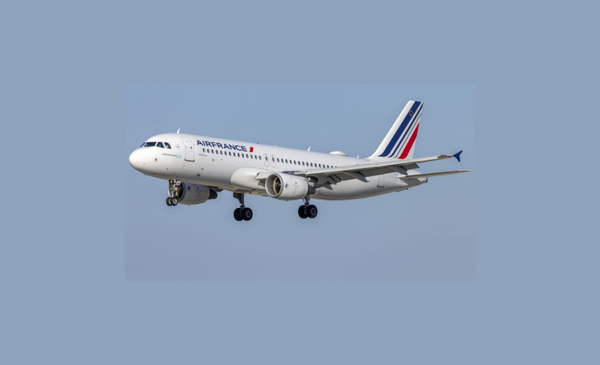The French government has received approval to end all domestic flights under two hours in duration. That is, between cities where a rail ride can be had in under three and a half hours.
The Union of French Airports (UAF) and the European chapter of the Airports Council International opposed the proposal when it was first proposed by the French government in 2021 as part of the country’s Climate Law (ACI Europe).
As a result, the European Commission conducted an inquiry and awarded its final clearance on Friday, making France the first EU member state to implement a ban on short-haul flights.
There will soon be a technological epicentre in the Mediterranean
At first, this will have an impact on flights departing from Paris Orly Airport and heading to Nantes, Lyon, and Bordeaux. After three years, the Commission will review it again.
The French restriction on air travel represents a major change in Europe.
Countries including France, Germany, Spain, Italy, the Netherlands, Belgium, Denmark, Sweden, Poland, and the United Kingdom are at the forefront of developing Europe’s high-speed rail network.
As a part of the EU’s Fit 55 strategy to decrease transport’s CO2 emissions, including lowering reliance on aircraft, this allows the continent to enhance its use of railways.
The Community of European Railway (CER) reports that due to rail transportation’s existing high degree of efficiency and electrification, it is responsible for less than 1% of EU transport emissions.
Furthermore, it is one of the most energy-efficient modes, transporting 13% of products and 7% of people while using just 2% of the Union’s overall energy use in transport.
As a further incentive for passengers to switch to high-speed rail, CER predicts that a future trans-European network of high-speed rail (at 200km/h) will drastically reduce journey times.
It would take 3 hours and 17 minutes to get from Amsterdam to Berlin, and 1 hour and 56 minutes to get from London to Brussels.
There are already several improvements under progress, so maybe things will continue to improve. Germany has suggested reviving the Trans Europe Express to provide quick links between the country and the rest of Europe by the year 2030.
New 350 km/h lines connecting Prague, Brno, and Ostrava with East Germany, Austria, Slovakia, and Poland are being developed jointly by the Czech Republic and the French railway sector.
Meanwhile, NS, a Dutch railroad firm, has introduced a new, quicker 200 km/h Intercity train, which might shave 30 minutes off the current 2 hours and 52 minutes it takes to go from Amsterdam to Brussels.
With any luck, more nations will follow suit, giving Europeans the option of taking faster, greener trips without hurting the environment. If this is possible, it would be great for new ventures, established companies, and people all around the continent.

Subtly charming pop culture geek. Amateur analyst. Freelance tv buff. Coffee lover
